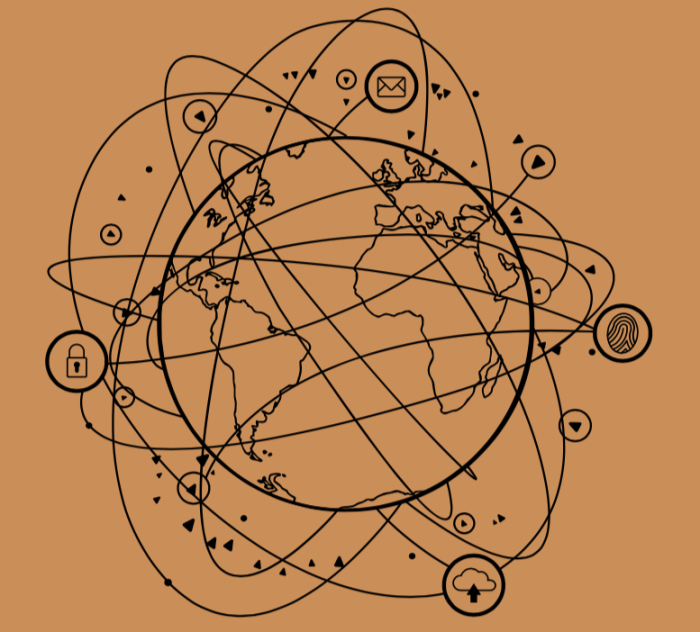Secret surveillance networks
Governments share our data amongst each other.
Surveillance, by its very nature, impacts on personal privacy. Sharing surveillance intelligence with other governments greatly exacerbates the interference with personal privacy. It might not just be your own government that holds sensitive information about you, but potentially many other governments all over the world.
For this reason, intelligence sharing should be subject to safeguards that are already well-established in international human rights law. Without proper safeguards, states can use intelligence sharing as a way of outsourcing surveillance to each other, bypassing any constraints and limits on their own intelligence gathering - in effect 'I'll spy for you, if you spy for me'.
Unregulated intelligence sharing can also contribute to or facilitate serious human rights abuses, such as unlawful arrest or detention, or torture and other cruel, inhuman or degrading treatment.
Privacy International is therefore calling for greater transparency and oversight of intelligence sharing between governments. Our recommendations include that governments establish publicly accessible legal frameworks governing intelligence sharing, and that oversight bodies be granted increased powers to ensure intelligence sharing arrangements comply with international and domestic law.



